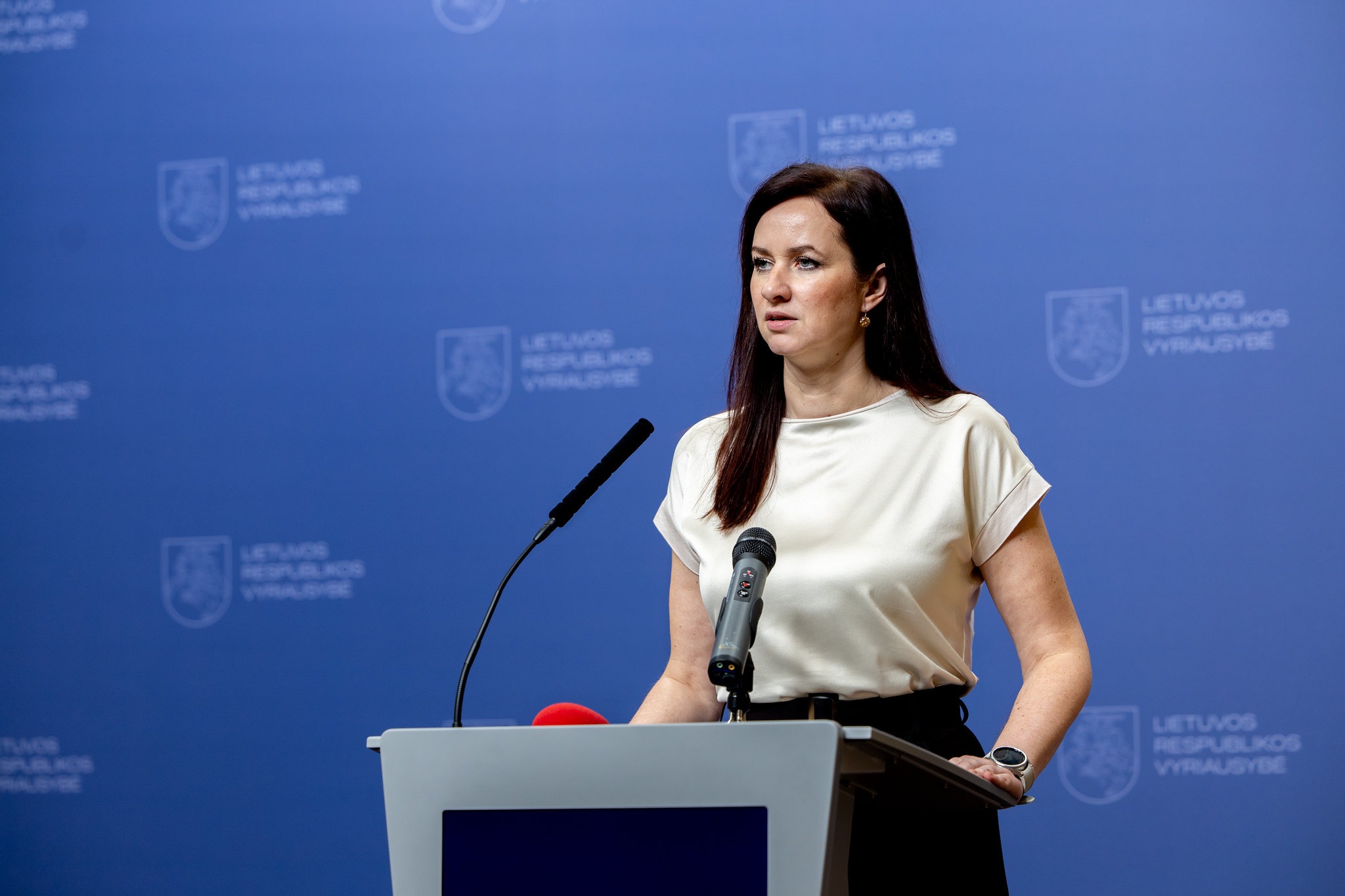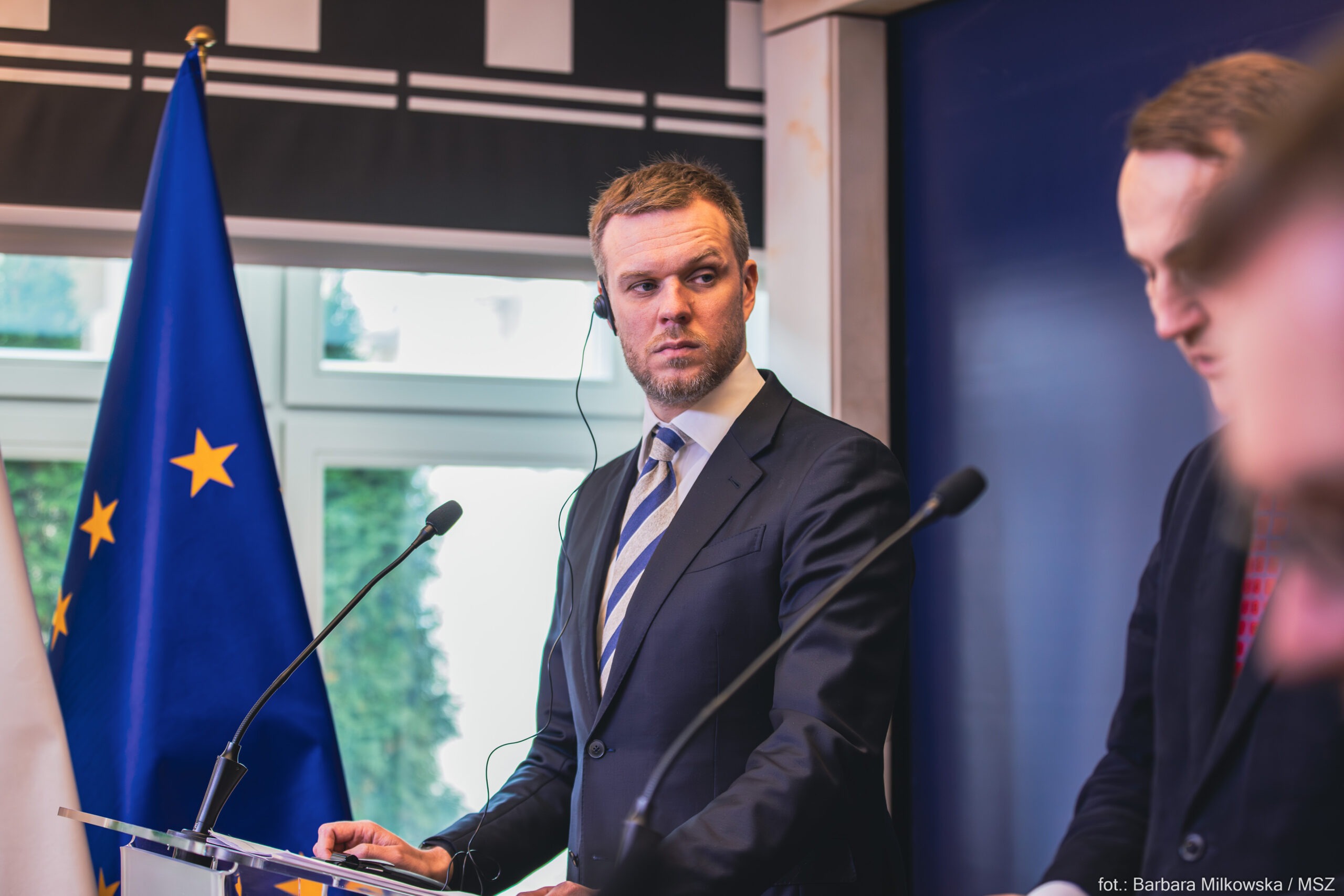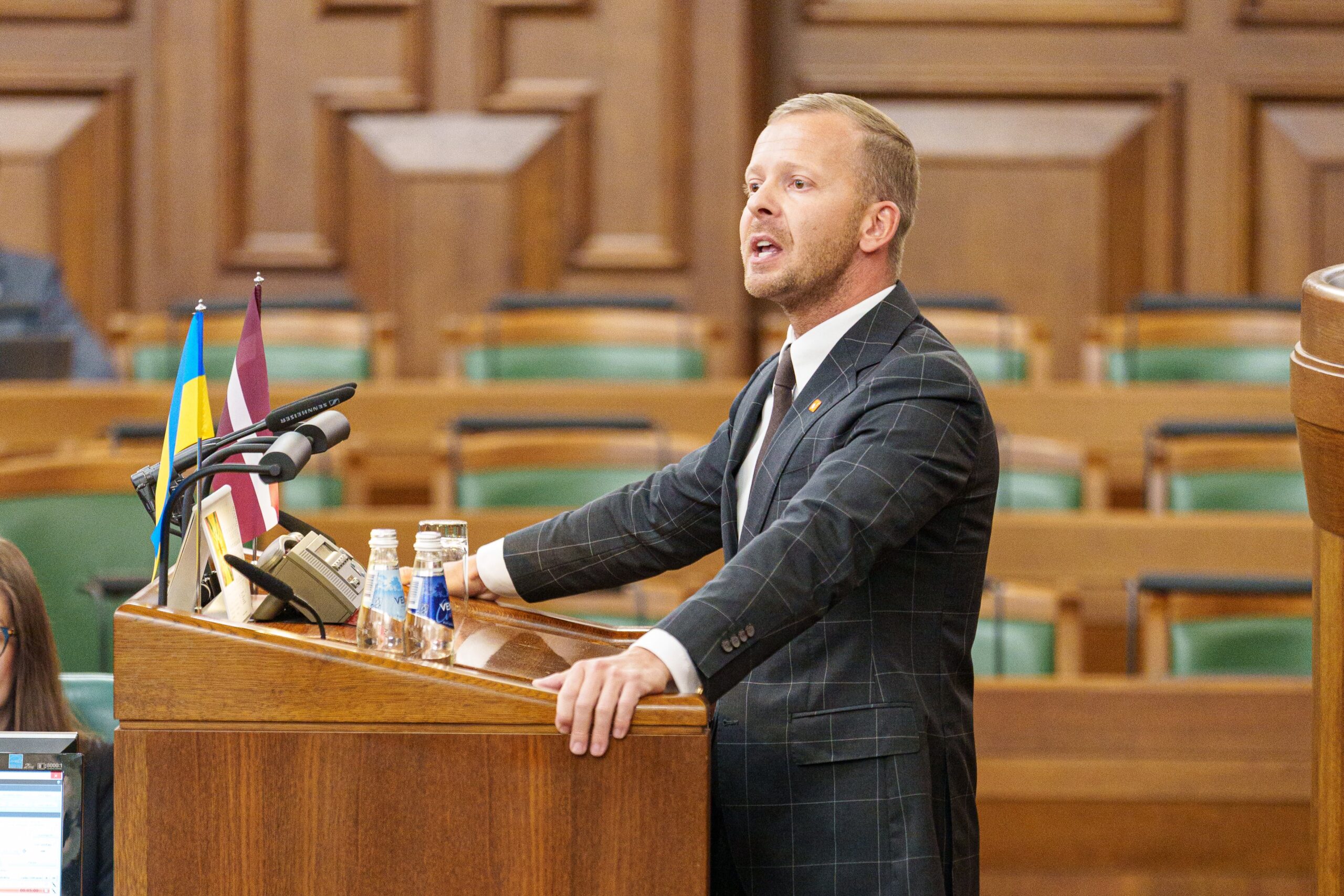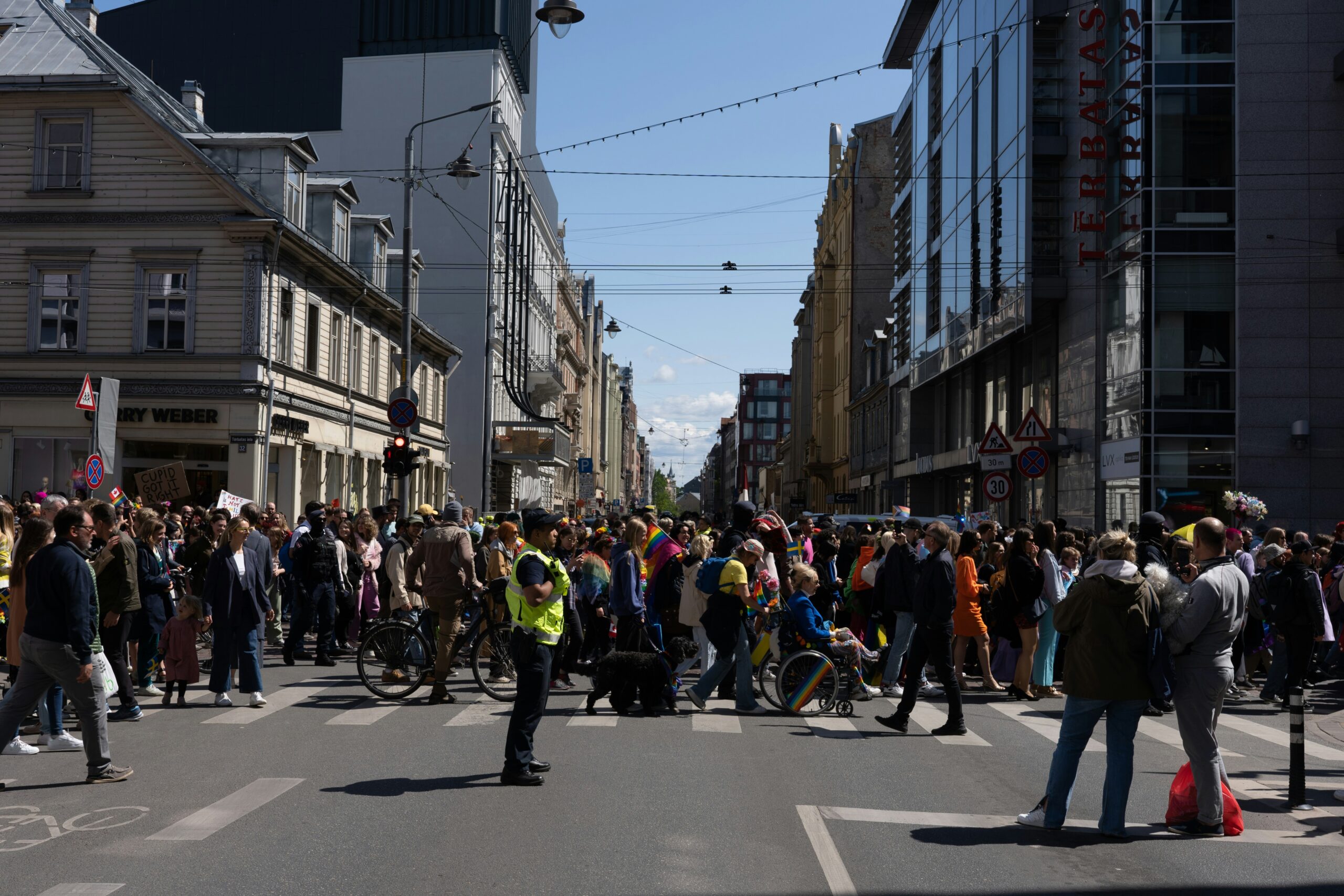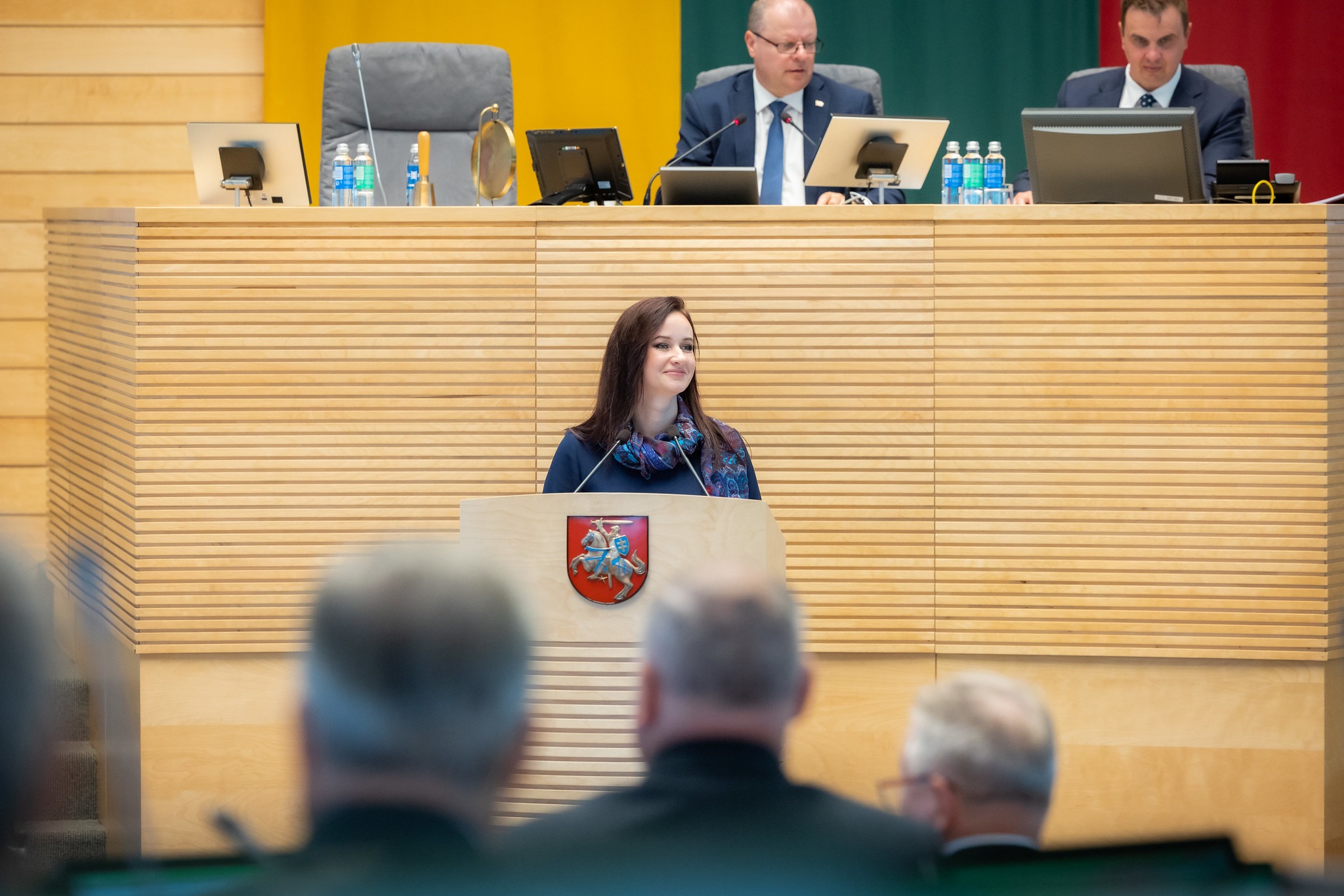
Main narratives:
- The incompetence of the current government;
- Anti-LGBT sentiments;
- Skepticism towards NATO functionality;
- General anti-government sentiments.
Overview:
Over the past week, Kremlin-aligned media intensified efforts to stir public distrust and deepen division, focusing on recent developments in NATO airspace and Lithuanian domestic politics. Particular attention was given to reports that Polish forces had shot down Russian drones violating the country’s airspace. Kremlin-linked outlets downplayed the seriousness of the event, dismissing it as a “bluff” aimed at falsely accusing Russia and provoking conflict with the West. The incident was framed as a staged provocation to justify further NATO militarisation and fuel anti-Russian sentiment. In the process, Polish defence capabilities were undermined, and broader doubts were cast on NATO’s security.
Simultaneously, LGBT rights came under fire as malign actors seized on Vilnius Mayor Valdas Benkunskas’s public congratulations to Lithuania’s first legally recognised same-sex partnership. Kremlin-aligned narratives portrayed the move as scandalous, accusing the mayor of turning City Hall into an “LGBT sanctuary.” These stories aimed to inflame cultural divisions, presenting progressive policies as moral decline imposed by liberal elites.
In domestic political coverage, pro-Kremlin media highlighted the newly appointed MP Inga Ruginienė, portraying her as a courageous opponent of the so-called “conservative clan” in power. Ruginienė was promoted as a voice of the people, with her criticism amplified to support a broader narrative accusing President Gitanas Nausėda of obstructing the formation of a new government.


